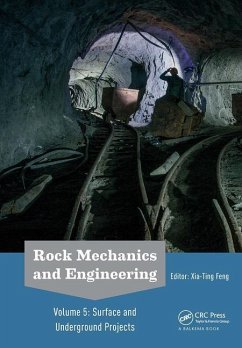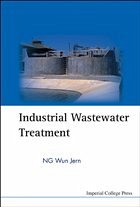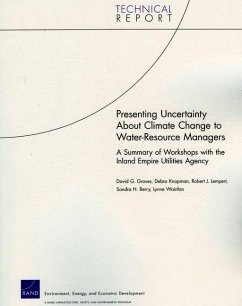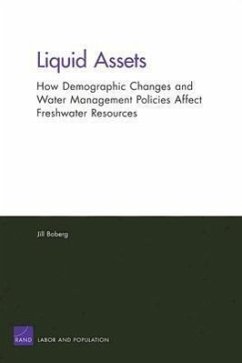
Solid Waste Management for Resource-Efficient Systems
Circularity in Action
Herausgeber: Singh, Richa; Jong, Mui-Choo; Mohapatra, Sanjeeb

PAYBACK Punkte
67 °P sammeln!
Solid Waste Management for Resource-Efficient Systems: Circularity in Action promotes innovation and shares best practices based on the principles of the circular economy and resource conservation on different aspects of sustainable solid waste management. The book also explains sources, impacts, and recycling potential of emerging wastes. It presents management strategies, including emerging green infrastructure and digitalization for recycling and gainful application of waste. In addition, sections highlight various environmental and health hazards while providing different management strate...
Solid Waste Management for Resource-Efficient Systems: Circularity in Action promotes innovation and shares best practices based on the principles of the circular economy and resource conservation on different aspects of sustainable solid waste management. The book also explains sources, impacts, and recycling potential of emerging wastes. It presents management strategies, including emerging green infrastructure and digitalization for recycling and gainful application of waste. In addition, sections highlight various environmental and health hazards while providing different management strategies based on the principle of resource recovery and circular economy that can help to minimize the environmental impacts.




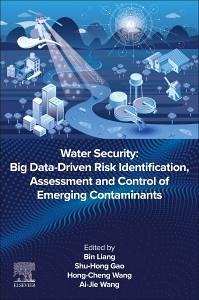
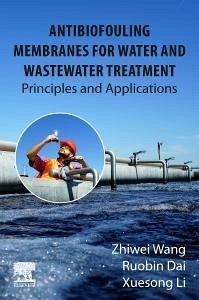

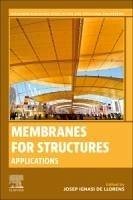
![The Kingston Permanent Building Society [microform]: Incorporated in Accordance With an Act of the Provincial Legislature, A.D. 1846 ... an Efficient Cover The Kingston Permanent Building Society [microform]: Incorporated in Accordance With an Act of the Provincial Legislature, A.D. 1846 ... an Efficient](https://bilder.buecher.de/produkte/65/65558/65558339n.jpg)
